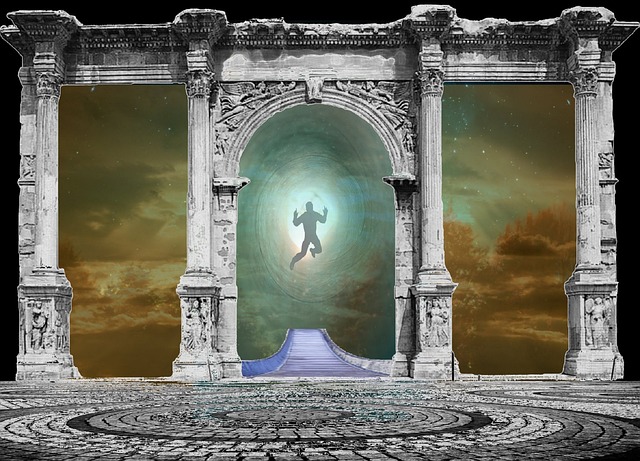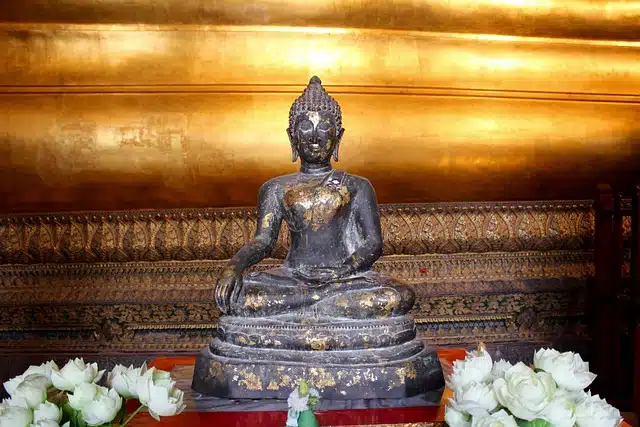
Reincarnation involves returning to life after death.
Each religion has its own characteristics and principles; The dogmas are different, as are the rituals and commandments that their followers must comply with. However, there are certain points that several of them share, and one of them is reincarnation .
This concept refers to the existence of an essence in the human being that returns again and again to a material support (the body). This means that, after a person dies, a part of them returns to life (the physical world) through reincarnation.
The usual thing is to understand this essence of the individual as the soul (the spirit or the anima), although it is also possible to believe that what returns from physical death is energy or another immaterial dimension.
Reincarnation in Hinduism and Buddhism
For Hinduism , reincarnation is part of the cycle known as karma . This is a kind of wheel or chain in which the person's actions affect their successive reincarnations until the dharma is sufficient to end the cycle.
Something similar is held by Buddhism , a religion that indicates that only reaching nirvana (a state of enlightenment and pain where suffering does not exist) allows a person to free themselves from the cycle of reincarnations.

Buddhism and Hinduism believe in reincarnation.
The skepticism
Many scholars claim that reincarnation is not possible, but not simply because they do not believe in supernatural matters, but rather supported by a theory almost as difficult to develop as it is to refute. First of all, it is worth mentioning that many of these people claim to want with all their might to be wrong, since they are not skeptics; However, their more logical side prevents them from stopping maintaining that reincarnation cannot exist as traditionally proposed, because it is random that a reincarnated person lives only one of their lives to the full.
To understand this position, it is necessary to pose a simple example: if, at the present, an individual is in his fourth life and still has another four to go through, by what capricious reason of the universe is he fully aware of this, living it every day? day by day, minute by minute, and not the previous ones or the future ones? Are you stuck in time? What makes your current identity so special that it occupies your entire mind and does not leave the previous ones more than a tiny possibility of manifesting themselves through a dream or a flashback ?
This theory, one of the many that oppose the validity of reincarnation, proposes that a reincarnated person should live all their identities at the same time, since each of them could only be aware of themselves but could not exist without the others, so that all should be united although divided. It is a position that attempts to question the apparent randomness that comes from believing that the present is everything, especially for someone who claims to have had past lives.
In other words, if reincarnation existed, all of a person's lives would have to coexist on different temporal planes, all superimposed and enjoying the same importance; All individuals who share a soul, both past and future, should be able to ask themselves at the same time if they have inhabited another body before and if they will do so again. The problem this raises, and the core of the theory in question, is that the same soul could not be in more than one time at a time.
Reincarnation in colloquial language
In colloquial language, the idea of reincarnation is used to indicate that a subject is very similar , either physically, due to personality characteristics or certain abilities, to another deceased person.
For example: “This singer seems like the reincarnation of John Lennon: he has the same tone of voice” , “Many Formula 1 drivers dream of being the reincarnation of Juan Manuel Fangio” .
